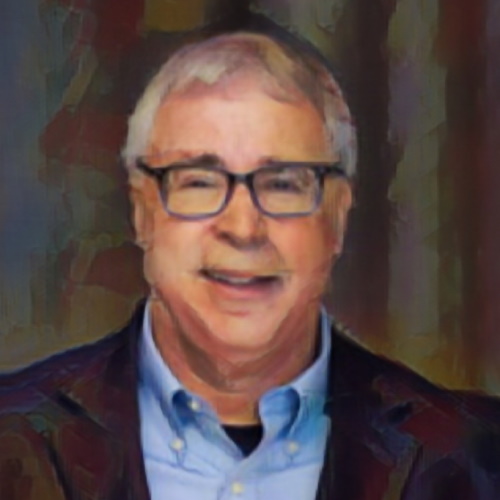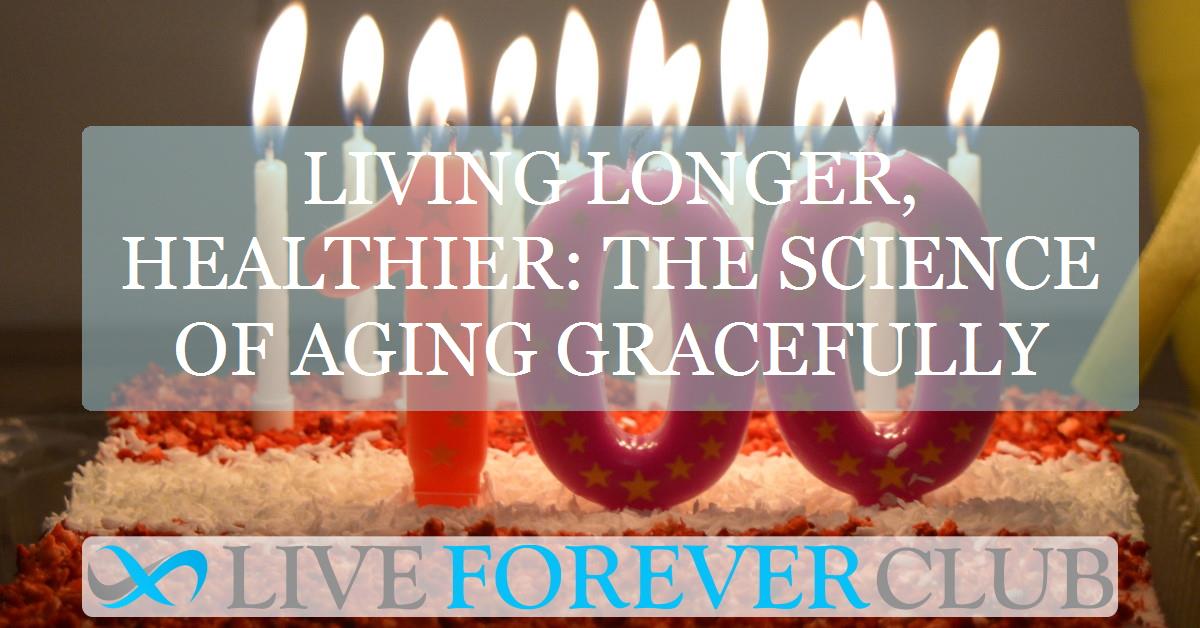Key points from article :
Nir Barzilai, a leading longevity researcher and president of the Academy for Health & Lifespan Research, is driven by a vision of “dying young at a very old age.” As director of the Institute for Aging Research at Albert Einstein College of Medicine, he focuses on understanding and modifying the biological processes of aging to prevent diseases like heart disease, cancer, and Alzheimer’s. For Barzilai, aging is not inevitable—while death is, the pace and impact of aging can be altered through lifestyle, genetics, and medical interventions.
Research on centenarians has shown that genetics plays a key role in exceptional longevity. Barzilai’s studies reveal that these individuals often experience diseases decades later than the average person and have shorter periods of illness at the end of life. Some of the protective mechanisms involve genes affecting growth hormone signalling, which appears to support youth but may be detrimental in later life. By studying these genetic pathways, scientists aim to develop drugs that mimic these effects and extend healthy lifespan.
Beyond genetics, Barzilai emphasizes lifestyle interventions like diet, exercise, sleep, and social engagement as foundational ways to maintain health. He also notes promising pharmaceuticals such as metformin, GLP-1 drugs, and bisphosphonates, which target aging processes, and he personally practices intermittent fasting, which has shown benefits in both lab animals and humans. However, he cautions against unproven supplements marketed as anti-aging solutions.
Looking to the future, Barzilai highlights cutting-edge approaches including hyperbaric oxygen therapy, mitochondrial rejuvenation, and partial cellular reprogramming. These interventions aim not only to slow aging but potentially reverse certain cellular signs of age. While the idea of living to 150 may be exaggerated, advances in longevity science are steadily moving toward extending healthspan—helping people live longer, healthier, and more vibrant lives.






